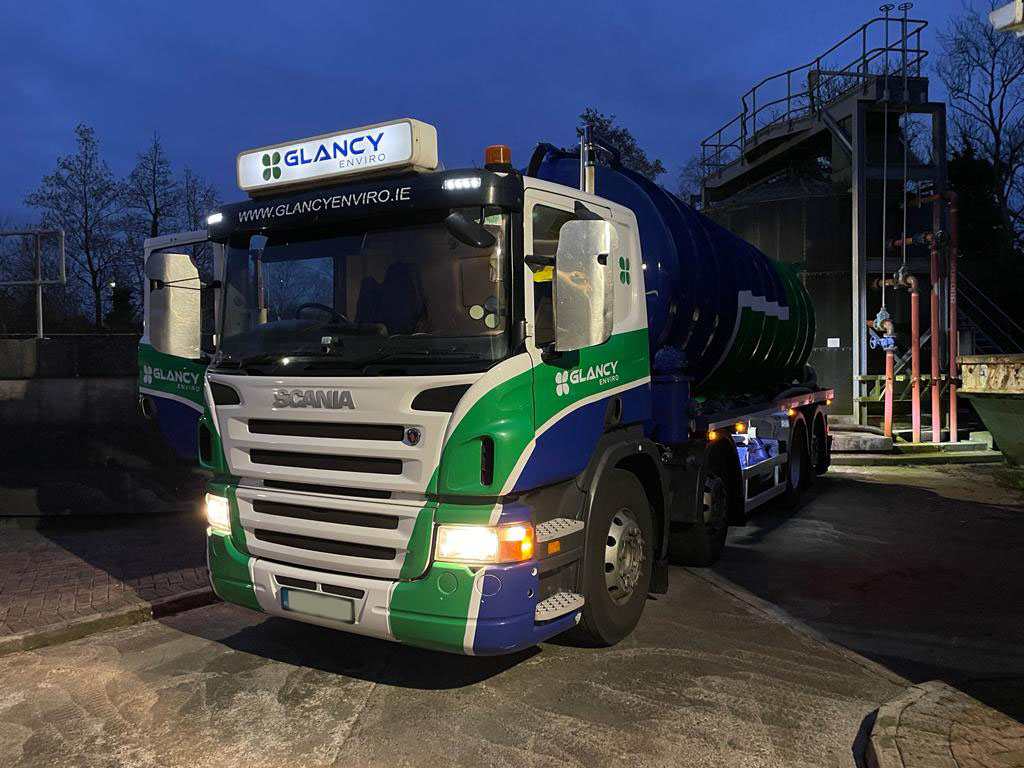How Reclaim Waste can Save You Time, Stress, and Money.
How Reclaim Waste can Save You Time, Stress, and Money.
Blog Article
Things about Reclaim Waste
Table of ContentsLittle Known Questions About Reclaim Waste.Top Guidelines Of Reclaim WasteReclaim Waste Can Be Fun For AnyoneThe Reclaim Waste DiariesThe 8-Minute Rule for Reclaim Waste
Residential sewage waste refers to the waste and items from a residential septic storage tank. The correct monitoring and disposal of domestic sewer waste call for liquid waste to be transferred to a sewer treatment plant where the correct techniques and tools are applied to detoxify and dispose of waste.
Commercial waste often consists of possible risks, such as combustible materials or a blend of liquid and solid waste items, and calls for an advanced and thorough disposal process. The disposal of business waste usually entails the filtration of waste before transport to ensure risk-free and correct disposal. Industrial waste is developed from byproducts and drainage of industrial procedures and production.
This kind of waste can not make use of the exact same sewage management transport or procedures as septic or commercial fluids. The hazardous waste monitoring procedure requires the assessment and screening of liquid waste before it undertakes the disposal procedure (industrial wastewater treatment). Overflow waste is the fluid waste that comes from runoff and excess stormwater in highly inhabited locations or cities
Runoff waste can trigger contamination and flooding otherwise dealt with effectively. Discover more regarding sewer cleansing and waste monitoring. Making sure correct waste management can prevent calamities and lower ecological injury. Both people in household setups and specialists in commercial or production markets can benefit from understanding the processes and laws of liquid waste management.
Unknown Facts About Reclaim Waste
Call PROS Providers today to learn more about our waste management and disposal solutions and the appropriate ways to look after the liquid waste you produce.
(https://reclaimwaste1.bandcamp.com/album/reclaim-waste)Do you recognize what occurs to your water when you pull the plug, purge the commode or drain the washing equipment? No? Well, it deserves understanding. This so-called 'wastewater' is not just a vital resource yet, after therapy, will be released to our land, rivers or the ocean. Used water from toilets, showers, bathrooms, kitchen area sinks, laundries and industrial processes is recognized as wastewater.

water made use of to cool down equipment or clean plant and tools). Stormwater, a kind of wastewater, is drainage that streams from farming and urban locations such as roofings, parks, yards, roads, courses and rain gutters right into stormwater drains, after rainfall. Stormwater flows untreated straight to neighborhood creeks or rivers, ultimately reaching the sea.
The Basic Principles Of Reclaim Waste
In Queensland, a lot of wastewater is dealt with at sewage treatment plants. Wastewater is carried from residential or commercial sites through a system of sewage systems and pump stations, called sewerage reticulation, to a sewer treatment plant. Local governments build, keep and run most sewage therapy plants. Operators are accredited under the Environmental Management Act 1994 to discharge treated wastewater at an appropriate environmental criterion into rivers.
The Division of Natural Resources advises neighborhood governments regarding managing, operating and keeping sewage systems and treatment plants. In unsewered locations, city governments might call for owners to mount private or home sewage therapy systems to deal with domestic wastewater from commodes, cooking areas, bathrooms and washings. The Division of Natural Resources authorizes the usage of family systems when they are verified to be reliable.
Many stormwater obtains no therapy. In some new subdivisions, therapy of some stormwater to remove trash, sand and gravel has actually started making use of gross toxin catches. Wastewater treatment happens in 4 stages: Gets rid of strong matter. Bigger solids, such as plastics and other objects wrongly released to sewage systems, are gotten rid of when wastewater is passed with screens.
Uses tiny living organisms understands as micro-organisms to break down and get rid of continuing to be liquified wastes and great bits. Micro-organisms and wastes are incorporated in the sludge.
Indicators on Reclaim Waste You Need To Know
Nutrient removal is not available at all sewage treatment plants due to the fact that it requires expensive specialised equipment. Clear liquid effluent produced after treatment may still contain disease-causing micro-organisms - liquid waste disposal.

Most wastewater flows right into the sewerage system. Under the Act, local federal governments carry out authorizations and licences for ecologically relevant tasks (ERAs) involving wastewater releases that may have a neighborhood effect.
Unknown Facts About Reclaim Waste
Surveillance supplies accurate information concerning water quality and can validate that permit problems are being fulfilled. The details index gotten through surveillance offers the basis for making water quality choices.
Report this page